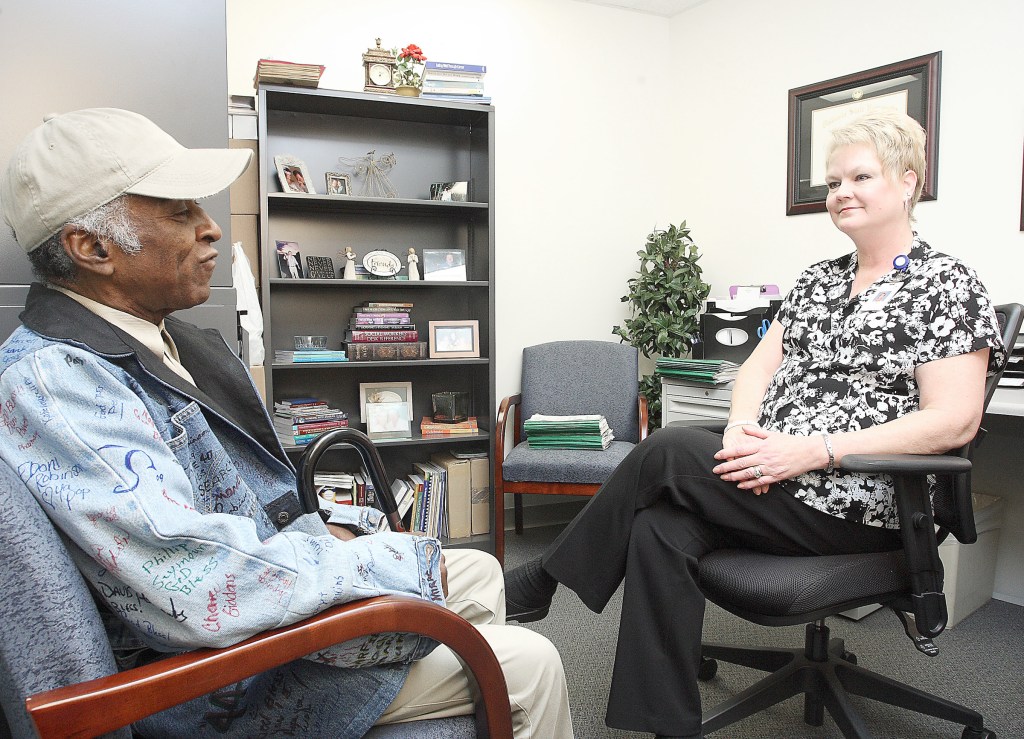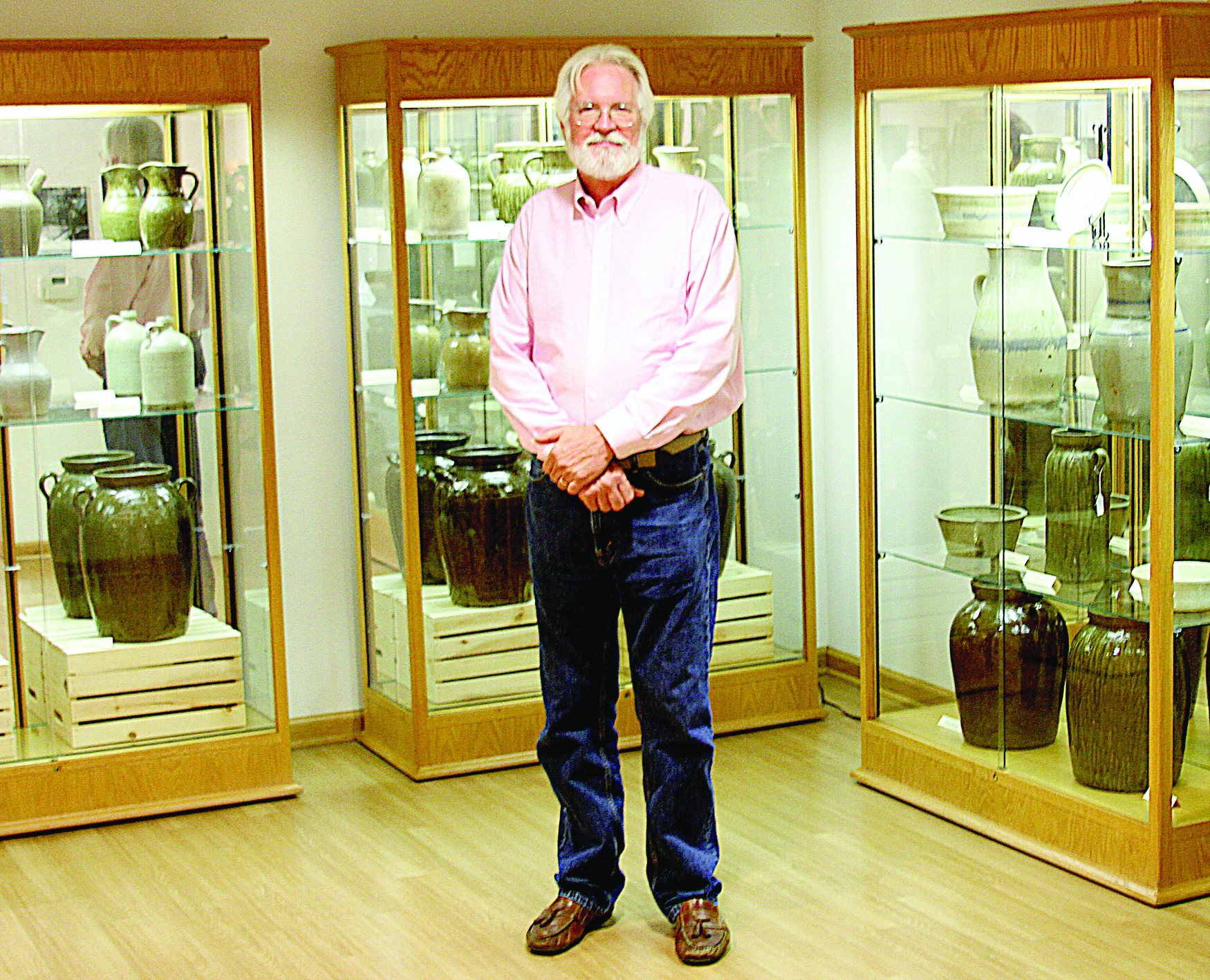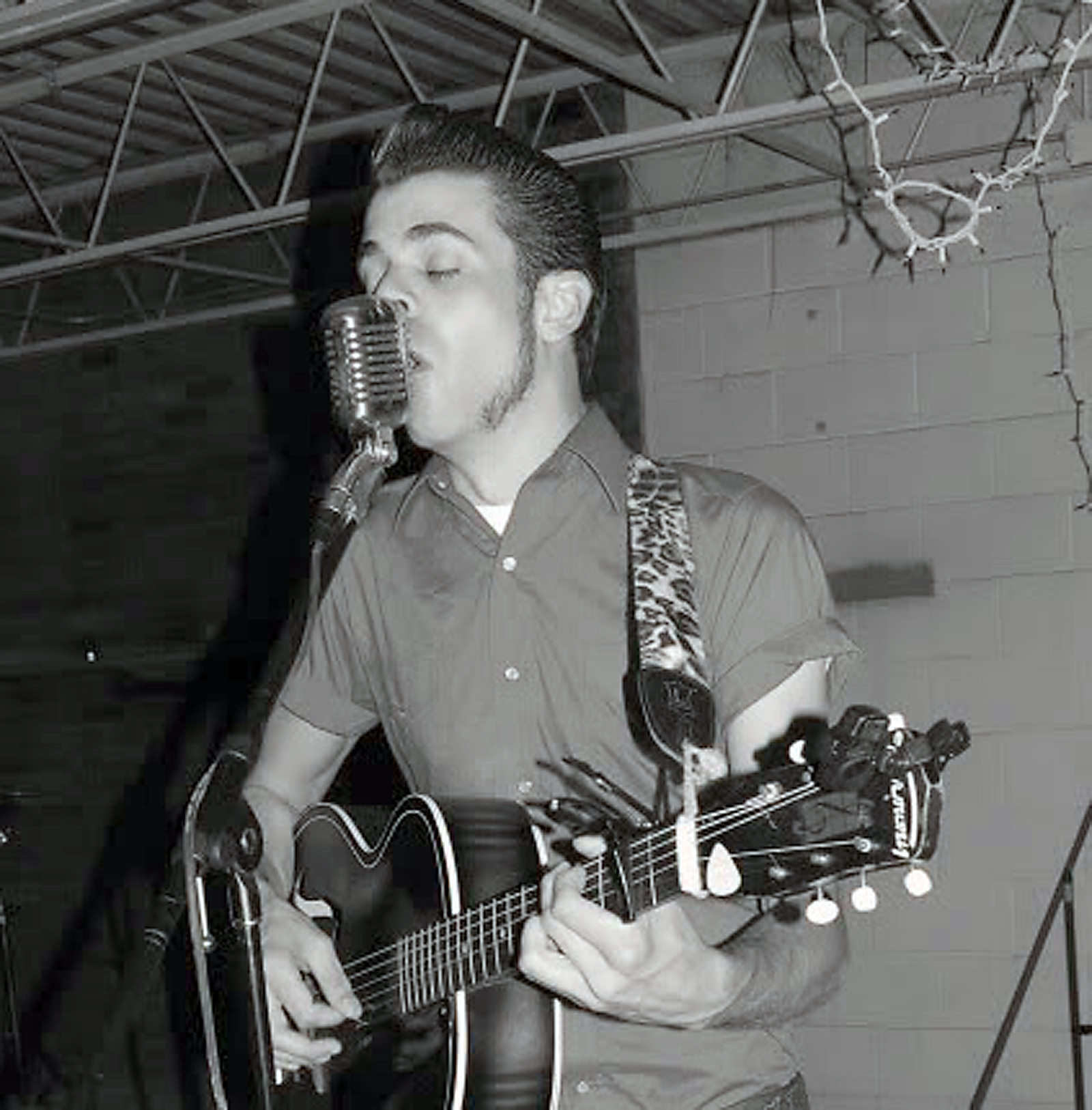at random …
Published 11:22 pm Sunday, April 26, 2009

- Paul Leavy Cancer survivor John Robinson talks with master social worker Lisa Bennettt Spells at the cancer center at South Georgia Medical Center.
VALDOSTA — Fighting against a force bent on racial repression has been a life-long battle for John Robinson.
The Valdosta native is currently in remission from esophageal cancer but said he has fought battles of equal enormity.
“Racism was a cancer of its own. It was equally devastating,” Robinson said.
His legal battle would draw in more than 700 people and later serve as a guiding post in the legal world.
In the 1980s, Robinson, now 55, and his family were living in South Florida.
The son of seasonal farm workers, Robinson had hoped to eventually move out of the profession and what he felt was a dead-end future.
Robinson took a job with Caulkins Indiantown Citrus Company in Martin County with a dream of moving up through the ranks.
What ensued was a 12-year legal battle that shaped his sons’ futures and altered the rest of Robinson’s life.
One red light, a speck on the map, Indiantown, Fla., became a civil-rights battleground in the 1970s and 1980s.
“It was real Jim Crow, even in the 1980s,” Robinson said.
In 1974, Robinson began working at the Caulkins feed mill plant shoveling feed. In an effort to improve his skills, he said that he began working with the mechanic cleaning up equipment.
Though officially still on the feed bin, Robinson began asking to perform maintenance repairs, rebuilding gear boxes, changing armatures, rewiring motors and welding. Then, in 1975, after several workers were fired, Robinson said he was asked to run the feed mill, but he was not given a supervisory title.
After being denied leave to tend to a sick son in 1977, Robinson quit but was quickly lured back by the promise of the title and pay of a supervisor. He went back to work but never received the pay or title, he said.
The stress of the job and the racial tensions that dominated the work environment pushed him to the breaking point, Robinson said. In 1983, he was fired for refusing to do what he felt was a deadly job involving electrical transformers.
Fed up with the treatment he and other minority workers received, Robinson filed suit.
Robinson said that his first claim, filed through a federal attorney and the Equal Employment Opportunity Commission, was denied when it got to Washington, D.C.
The attorney, he said, told him that because of the people involved, the claim would be jerked around and sent back.
The second time the suit was sent, it stuck.
Thus began the trial of Robinson versus Caulkins Indiantown Citrus Company. The class action suit was filed claiming the employer had disproportionately underpaid wages and benefits to hundreds of African American employees.
Robinson had also inadvertently chosen to go up against one of the most powerful men in the country, he said.
George P. Caulkins was the managing general partner for Caulkins Indiantown Citrus Company. A man of influential power, he was a friend to the first President George Bush and son-in-law to Henry Ford, Robinson said.
Caulkins may have had no idea what happened in his business in South Florida.
During depositions, he claimed he had more than 20 businesses he didn’t even know about when inquiries into his holdings began, Robinson said.
“He must have employed people from there that painted a picture that it was all fine,” Robinson said.
Which meant that as long as the profits poured in, little question would be raised, he said.
During the next 12 years, death threats, racial harassment, murder and a thwarted abduction of one of Robinson’s sons marked the passage of the litigation, he said.
Robinson also struggled to find work.
A self-described gifted welder and steel fabricator, Robinson combed the five counties in South Florida for employment.
The suit against Caulkins would force Robinson and his family to give up everything they had worked for — business dealings, their home, and a comfortable middle class living.
But most notably, the family gave up their safety.
Robinson said he and his family were constantly harassed by members of the community because of their race and the legal suit.
Whites who associated with blacks later joining the suit were also blackballed, Robinson said.
“Many people don’t know what it feels like to be stripped of all your dignity and pride,” he said.
Though the case was never solved, Robinson said a young man was killed and hung on a fence near his home during the litigation. His face was burned with acid and pleas to the community for information were never answered.
Robinson feels the murder was a warning to him and his family. The case remains unsolved to this day, Robinson said.
At one point in the trial, Robinson was told that he could settle out of court. If Robinson took the deal, he was told that any other cases pending against the business would be unsuccessful.
Robinson refrained from the deal and worked harder to see that justice was brought forth for all.
The litigation almost broke Robinson and wreaked havoc on his and wife Terrie’s mental and physical well-being.
Yet Robinson, born with a tenacity and zest for life that has not dimmed through life’s setbacks, lives on.
At the close of the trial, Caulkins Indiantown Citrus Company compensated more than 700 workers with damage payments totaling $13.5 million.
The case was not the only one brought against Caulkins for unjust business practices. Others include Caulkins Indiantown Citrus Company and Via Tropical Fruits Inc. versus Lacene Orvis and Caulkins Indiantown Citrus Company versus Nevins Fruit Company.
Robinson’s case has been referenced in the Penn State Law Review concerning class action restriction on the Legal Services Corporation.
Under federal law enacted in 1996, legal service entities, groups mainly used by lower-middle class and the poor, are restricted from filing class action lawsuits.
Robinson’s case was also used in a 2000 publication by the Brennan Center for Justice titled “Restricting Legal Services: How Congress Left the Poor with Only Half a Lawyer.”
In the end, Robinson said that he gained little monetarily from the suit. But the ordeal educated him and made him doubly sure that forging a better life for himself, his wife and his four sons mattered most.
Though work was hard to find during the litigation, Robinson did eventually begin to do contract work for the state as a welder.
As a welder, Robinson has worked on bridges in South Florida and on Interstate 95 in Jacksonville, Fla., he said.
Now on permanent disability due to the cancer, Robinson’s joy in welding is gone forever.
He and Terrie opened up a cafe in Lake Park but were forced to close the establishment after learning about Robinson’s cancer.
In order to obtain any type of federal assistance to cover the cost of surgery, cancer treatment and medicine, they had to relinquish ownership of Let’s Eat Cafe, he said.
Being diagnosed with cancer, can oftentimes suck a middle-class family down into poverty, as assistance of any sort is hard to get when one makes a little money, Robinson said.
He must now look for other ways to earn money and has turned to another creative outlet — art. Robinson is working to break into the art world, completing paintings in acrylics, pastels and oils.
Even with the diagnosis of terminal cancer, Robinson looks to the future.
The election of President Barack Obama and the economic pains being felt across the nation should leave no room for anyone to question that everyone must work together, he said.
“I don’t care about a person’s beliefs, as long as his beliefs don’t impinge upon my rights,” Robinson said.
A person may choose to live in ignorance, Robinson said, but that person should not let it affect a positive future for the nation.
These lessons are ones he imparted on his sons.
All four have, in some aspect, carried on their father’s legacy.
“People must contribute to society,” Robinson said, “and stay innovative and motivated in spite of obstacles.”
After the litigation was over, Robinson, his wife, and their four sons moved to Valdosta. This is the place of Robinson’s birth, though he left with his parents when he was 9 years old.
Where Robinson’s life began is now where it draws to a close.





